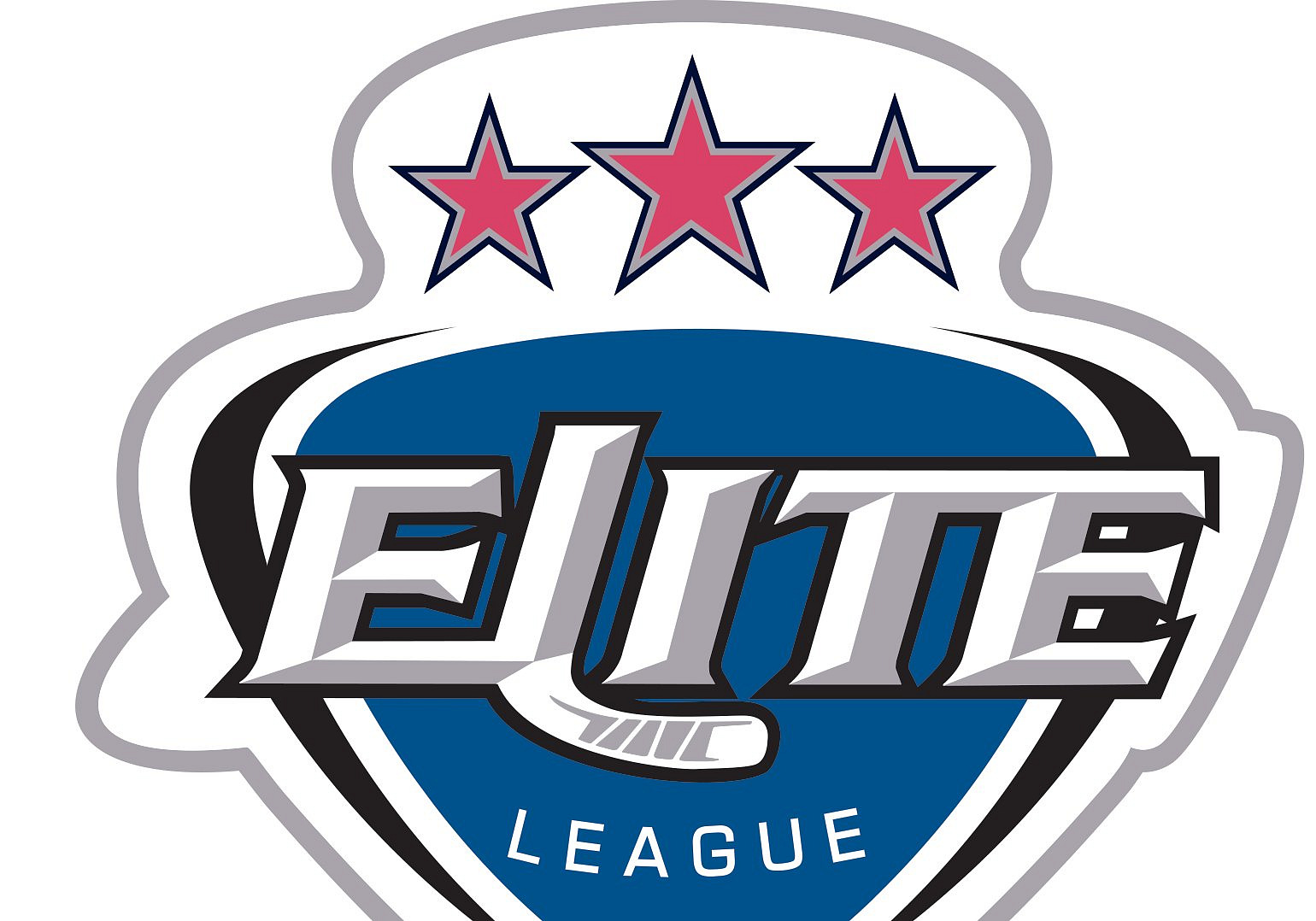EIHL Board approves Situation Room
Changes to Disciplinary processes and coaching of game officials

At its monthly meeting on 21 January, the Elite Ice Hockey League Board approved the use of the EIHL ‘Situation Room’.
A pilot has been in place since New Year’s Eve. The Situation Room setup ensures that each game is watched in full by a member of the EIHL Situation room staff and game supervisors both on and off-site.
The EIHL Situation room staff is made up of a mixture of Coaches, Officials and Player Safety staff. With the officials, we have over 100 years of NHL on-ice experience and still involved at the highest level of the sport in North America and Europe' 45 years' professional coaching experience across the NHL, AHL, ECHL, and Europe; and finally Player Safety staff who are involved in similar setups for other professional leagues worldwide. EIHL Situation room staff have full scope to tag or cut plays to be looked at by the Department of Player Safety after the game.
“We have been trialling this system in the EIHL for almost a month now, and it has worked out very successfully,” explained Head of Hockey Operations Mike Hicks. “Above all, the coaches and General Managers like it because it takes things out of coaches’ hands. A lot of them were not comfortable with the system of requesting reviews and the inconsistencies that could cause, with DOPS previously only being able to review what was called on the night or submitted for review. If a certain play wasn’t submitted then DOPS was not mandated to deal with it, and so using the EIHL Situation Room setup and game supervisors has immediately removed this inconsistency."
He continued: “Having someone monitoring every game in real-time means we’re also able to start sanctioning things that we couldn’t before. Over the course of our four-week trial, several teams have received official warnings for Diving, which is the beginning of a three-stage process that can ultimately result in an individual player being fined. This also gives us the ability to look at trends and keep the lines of communication open - if game supervisors notice a player playing very close to the edge then we're able to work with him and coaching teams. Anything that rises to the level of supplementary discipline is judged on its own merit, whether it was called on the ice or not.”
“Everyone now knows that they’re being watched at all time and there is an increased focus on the game and sense of accountability for all participants (Players/Coaches and Officials). Where we're looking to do is more than just punish unfavorable plays, but to change the behaviour and culture of the game. This also means that players who are not suspended but did something questionable are often warned and are made to understand the ramifications of these types of infractions."
Finally, Hicks concluded: "In addition to player safety and the integrity of the game, the game officials are getting some excellent coaching after games from very experienced people. They’re sending detailed emails with video clips highlighting both good and bad practices, and this helps us in our education programs with referees and linesmen. The board agreeing to finance this is a big step forward.”
The Department of Player Safety will still continue to review, by default, all major and misconduct penalties, incidents resulting in submitted injury reports, and plays brought to its attention by the referees’ reports. Game supervisors will also be noting whether a team’s broadcast accurately identifies rules to ensure fans are receiving the correct information

